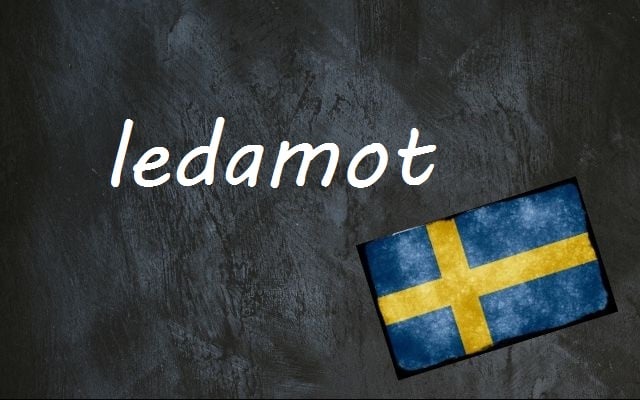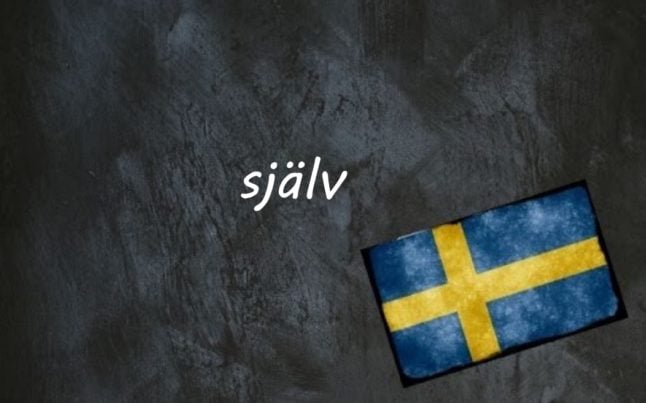Ledamot is an old Swedish word that used to mean “body part” or “limb” (led means “joint” in the anatomical sense) but today it means “member”.
Sweden has another, more common word for “member”: medlem. So what’s the difference?
You’ll hear ledamot used in connection with more official, formal institutions. A member of parliament is a riksdagsledamot, and a styrelseledamot is a member of a board, for example the board of your housing association. Note that in both these examples and many others, people will often use ledamot rather than riksdagsledamot/styrelseledamot when the context is clear. A ledamot is often elected to their position and their role comes with officially defined duties.
Because of this formality, you’ll often find ledamot used to talk about institutions that are by their nature exclusive and prestigious: the Swedish Academy, the Royal Academy of Sciences, or the Nobel Committee for example.
Being a medlem is a less exclusive role. You could be a medlem of a choir, sports team, a trade union, Facebook group, political party, and so on.
The plural of ledamot is ledamöter.
Example
Hon blev vald till riksdagsledamot
She was elected as a member of parliament



 Please whitelist us to continue reading.
Please whitelist us to continue reading.
Member comments